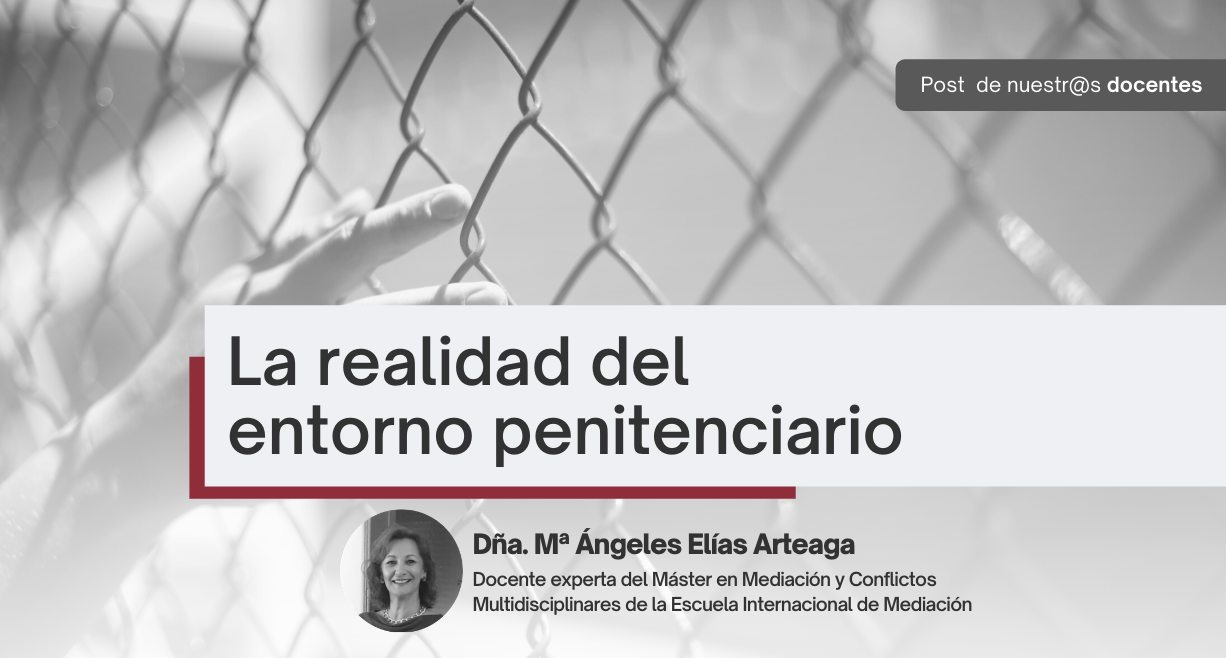"Restorative Justice is a more humane justice, which takes people into account and not just file numbers."
Virginia Domingo She is an expert in restorative justice and criminal mediation, as well as a member of GEMME, coordinator of the criminal mediation service of Castilla y León and also president of the Restorative Justice Institute-AMEPAX. President of the first entity created in Spain dedicated to the study, research and advice in restorative justice, Scientific Society of Restorative Justice. His latest published book is titled "Restorative Justice, much more than mediation", with a foreword by Howard Zehr.
To what types of conflicts is criminal mediation applied?
A: Criminal mediation, in principle, can be applied to any crime regardless of its seriousness. It should be a universal right for any victim regardless of the crime suffered. It is true that to begin with it is advisable to do so with lighter crimes because experience in criminal mediation is very important, perhaps more than in other types of mediation. More than the type of crime and its severity, each specific case should be examined to assess, according to its circumstances, and those of the victim and the offender, whether criminal mediation is viable or not. In minor crimes, criminal mediation would be an alternative, in serious crimes it would be a complement to traditional criminal justice..





